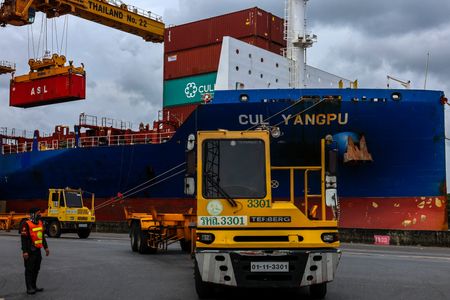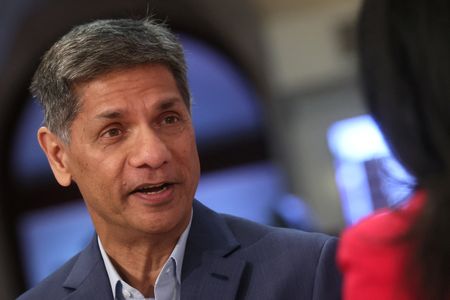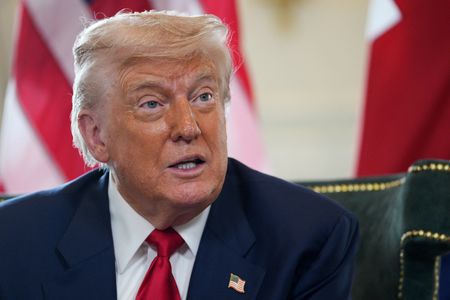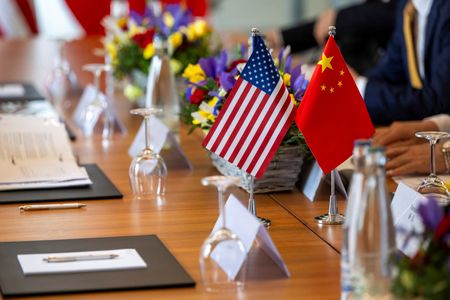By David Shepardson
WASHINGTON (Reuters) -A Democratic senator on Monday urged SpaceX CEO Elon Musk to block transnational criminal groups in Southeast Asia from using Starlink satellite internet service to commit fraud against Americans.
Senator Maggie Hassan cited recent reports that Starlink is being used to facilitate fraud against Americans by a broad range of transnational criminal organizations operating “scam compounds” in Southeast Asia. The U.S. Treasury Department’s Financial Crimes Enforcement Network said these groups defrauded Americans out of billions of dollars, she added.
“Scam networks in Myanmar, Thailand, Cambodia, and Laos, however, have apparently continued to use Starlink despite service rules permitting SpaceX to terminate access for fraudulent activity,” Hassan wrote in a letter to Musk seen by Reuters. “SpaceX has a responsibility to block criminals from using the service to target Americans.”
SpaceX did not immediately respond to a request for comment.
For years, criminal networks have trafficked hundreds of thousands of people to scam compounds across Southeast Asia, including many along the Thai-Myanmar border, where victims are forced to work in illegal online schemes, according to the United Nations.
“While most people have probably noticed the increasing number of scam texts, calls, and emails they’re receiving, they may not know that transnational criminals halfway across the world may be perpetrating these scams by using Starlink internet access,” Hassan wrote.
Since February, Thailand has halted electricity, internet, and fuel supplies to five Myanmar border areas, including Myawaddy, in a bid to disrupt the scam centers, which have become an escalating regional security concern.
International pressure to shut down the scam centers intensified following the abduction of Chinese actor Wang Xing, who was kidnapped after arriving in Thailand in January.
He was later rescued by Thai police, who located him across the border in Myanmar.
Criminal networks, mainly emanating from China, are known to run several of these scam centers, including those in the Myawaddy region, according to the United States Institute of Peace.
(Reporting by David Shepardson; Editing by Toby Chopra and Chizu Nomiyama )









